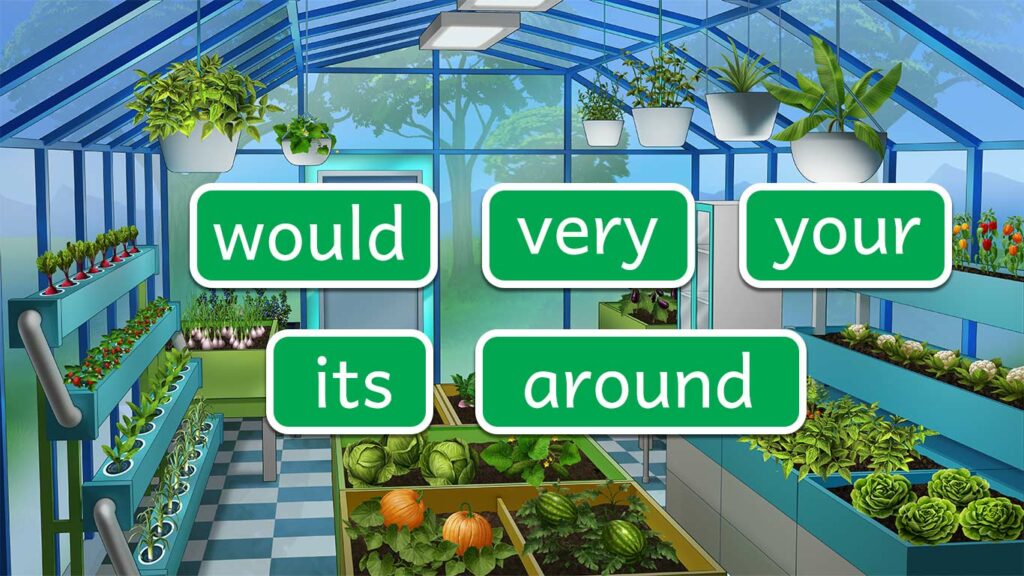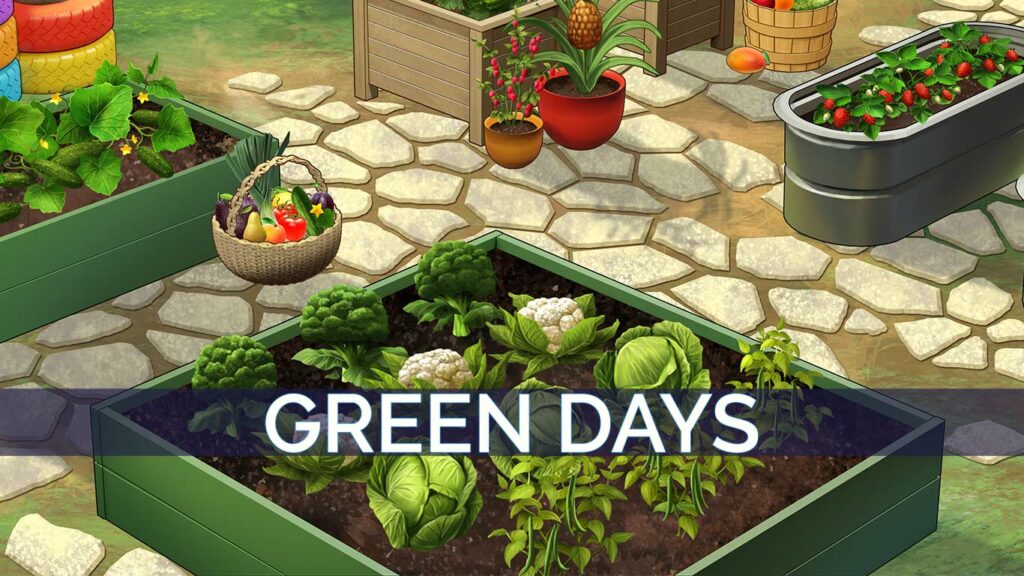The Science of Reading: The Basics
The Science of Reading, backed by over five decades of gold-standard research, reveals that 95% of students can effectively learn to read when taught using their body of research’s evidence–based strategies.
Our commitment at KneoWorld is to align this powerful research with our enrichment program. As educators dedicated to pedagogical excellence, our practices are deeply rooted in these proven, research-based methods.
Join us as we explore what the Science of Reading is, what it is not, and how it can revolutionize the way we create learning experiences for every child, catering to their diverse strengths and backgrounds.
What it IS
Research, over time, from multiple fields of study using methods that confirm and disconfirm theories on how children best learn to read.
The Science of Reading encompasses numerous elements, and can make it seem overwhelming to know where to start. We aim to simplify this by highlighting the essential aspects of what the Science of Reading IS and what it IS NOT. This foundational understanding is crucial in guiding educators in best-practices for teaching children to read, particularly those from varied cultural backgrounds and with diverse learning needs. This basic understanding has been taken from Improvingliteracy.org.





Ever-Evolving
There is new research and evidence all the time. As populations, communities and approaches evolve, so should practice.
What it ISN’T



How to facilitate the research behind the Science of Reading into your classroom
KneoWorld’s program and analytics align with the Science of Reading by providing tools and resources to teachers.
Consider using the following text to replace the tables above by grade level:
Integrating the Science of Reading by Grade Level Bands
Pre-K through Kindergarten: Foundations of Reading
- Phonemic Awareness: Activities to develop the ability to hear, identify, and manipulate individual sounds in spoken words.
- Alphabet Knowledge: Strategies for teaching letter recognition and letter-sound relationships.
- Vocabulary Development: Techniques to enhance vocabulary through read-alouds and daily conversations.
- Oral Language Skills: Encourage storytelling and listening skills.
- Print Awareness: Introduce concepts of print, like how to hold a book and track words on a page.
Grades 1-2: Building Fluency and Comprehension
- Decoding Skills: Focus on teaching systematic phonics to improve word recognition.
- Fluency: Activities that encourage reading with speed, accuracy, and proper expression.
- Comprehension Strategies: Teach students to make predictions, ask questions, and summarize what they read.
- Writing Connection: Integrate writing activities to reinforce reading skills.
- Continued Vocabulary Growth: Expand vocabulary through a mix of reading and direct instruction.
Grades 3-6: Advancing Comprehension and Critical Thinking
- Advanced Decoding: Focus on multisyllabic words and complex phonics patterns.
- Reading Comprehension: Teach students to analyze text structures, understand author’s purpose, and infer meanings.
- Critical Thinking Skills: Encourage analysis and evaluation of texts.
- Diverse Texts: Introduce a wide range of genres and text types to build cultural understanding and empathy.
- Research and Informational Skills: Teach how to locate, evaluate, and use information effectively.
KneoWorld’s approach allows teachers to incorporate the five components essential to an effective reading program into their enrichment lessons: phonemic awareness, phonics, vocabulary, fluency, and comprehension.
Connect with us today and let us empower your classroom with research-backed literacy education solutions.

Ongoing Research and Development
Technology Integration in Reading


Resources for Parents and Teachers
Citation
National Center on Improving Literacy (2022). The Science of Reading: The Basics. Washington, DC: U.S. Department of Education, Office of Elementary and Secondary Education, Office of Special Education Programs, National Center on Improving Literacy. Retrieved from http://improvingliteracy.org.
Read more:
https://improvingliteracy.org/brief/science-reading-basics

